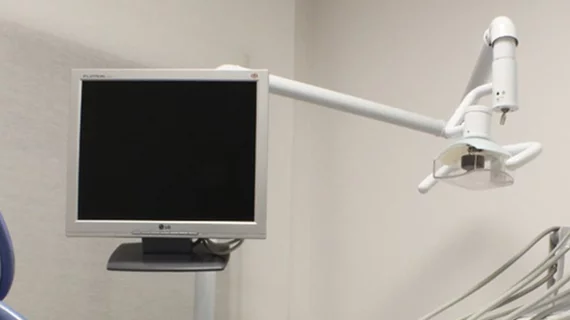EHR voice assistant lets docs stay attentive to patients
Physicians fed up with all the time they have to spend staring at a computer screen—even when the patient is sitting right there—may find relief in the form of a talking digital assistant.
Developed at Vanderbilt, “Veva” will go live with several doctors there later this month, vocalizing pertinent patient info from the EHR in response to the physician’s spoken queries.
Nashville Public Radio reported the story Tuesday, noting that the initial human-machine interactions will happen away from patient-care areas.
Veva’s lead developer, Yaa Kumah-Crystal, MD, MPH, a pediatric endocrinologist and medical informaticist, tells the outlet that “nothing kills patients’ confidence in physicians quicker than watching them struggle with technology.”
Read the rest and view a video demonstration:

